Inclusive Christ and Broken People: Towards a Dalit Christology in the Light of the Early Church Faith Confession
Who is Dalit? Who is Christ for Dalit? This book tries to answer these two pertinent questions. Dalit, etymologically, is a condition of brokenness and strive for wholeness. Thus, the term Dalit gives a wider prospect to see the people who are broken and motivated to be whole from their indefinable oppressions. In this broken experience, the early Christian community/church, who was broken by the rod of Grecian cultural hegemony, Roman imperial regime and Jewish divisive spirituality of that time, presented the Christ - who embraces all.
This book gives aspiration and courage to the broken people and boldly challenges the oppressors to undergo a real `metanoia'. This academic piece of work helps one to re-cognize Christ anew from Dalit point of view. Contemporary Dalit theology uses caste or class interpretation on Christ, whereas the term `Dalit' accommodates all castes. It does not project a caste meaning. Therefore, the term Dalit is used in an inclusive sense. It discards any caste and class connotation. Any interpretation on Christ based on caste, limits the Christological effect into a particular sect/caste in the society.
This book is an attempt to examine the Dalit Christology in the light of early church's confession. It is, of course, a valuable contribution to dalit theology.
Get it now and save 10%
BECOME A MEMBER
-
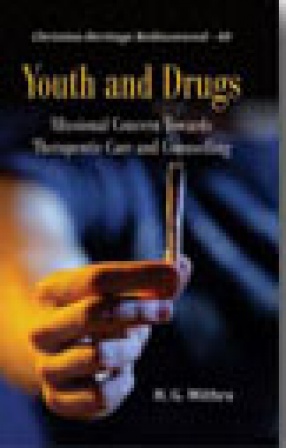
Youth and Drugs: Missional Concern Towards Therapeutic Care and Counselling
-
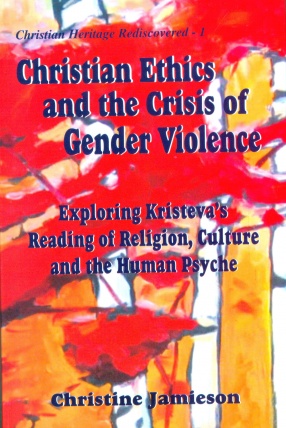
Christian Ethics and the Crisis of Gender Violence: Exploring Kristeva's Reading of Religion, Culture and the Human Psyche
-
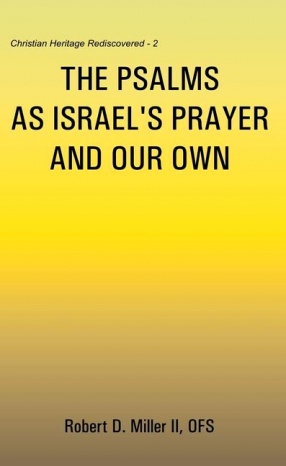
The Psalms as Israel's Prayer and Our Own
-
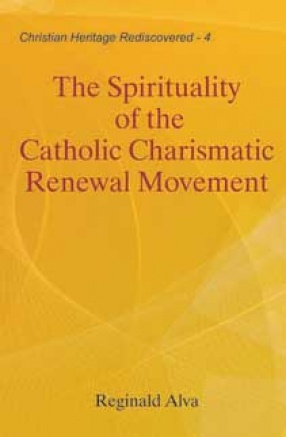
The Spirituality of the Catholic Charismatic Renewal Movement

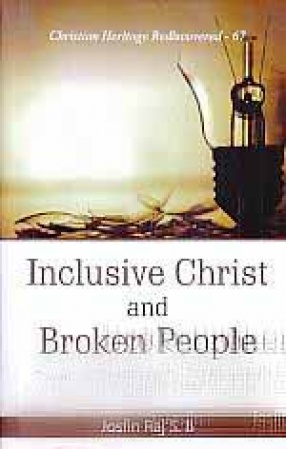
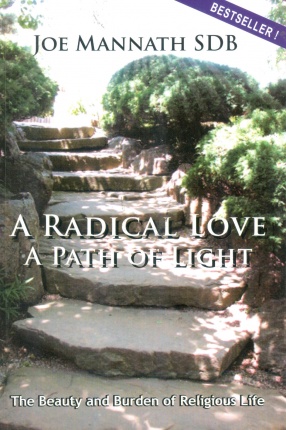
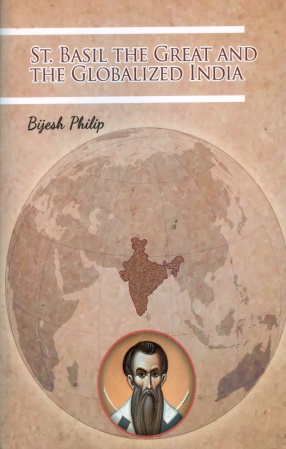
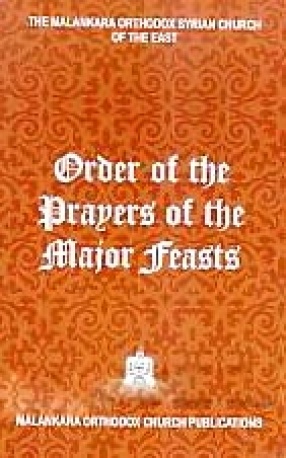
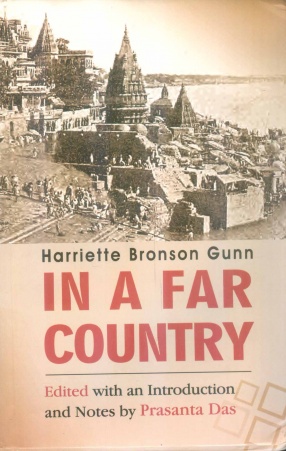

Bibliographic information